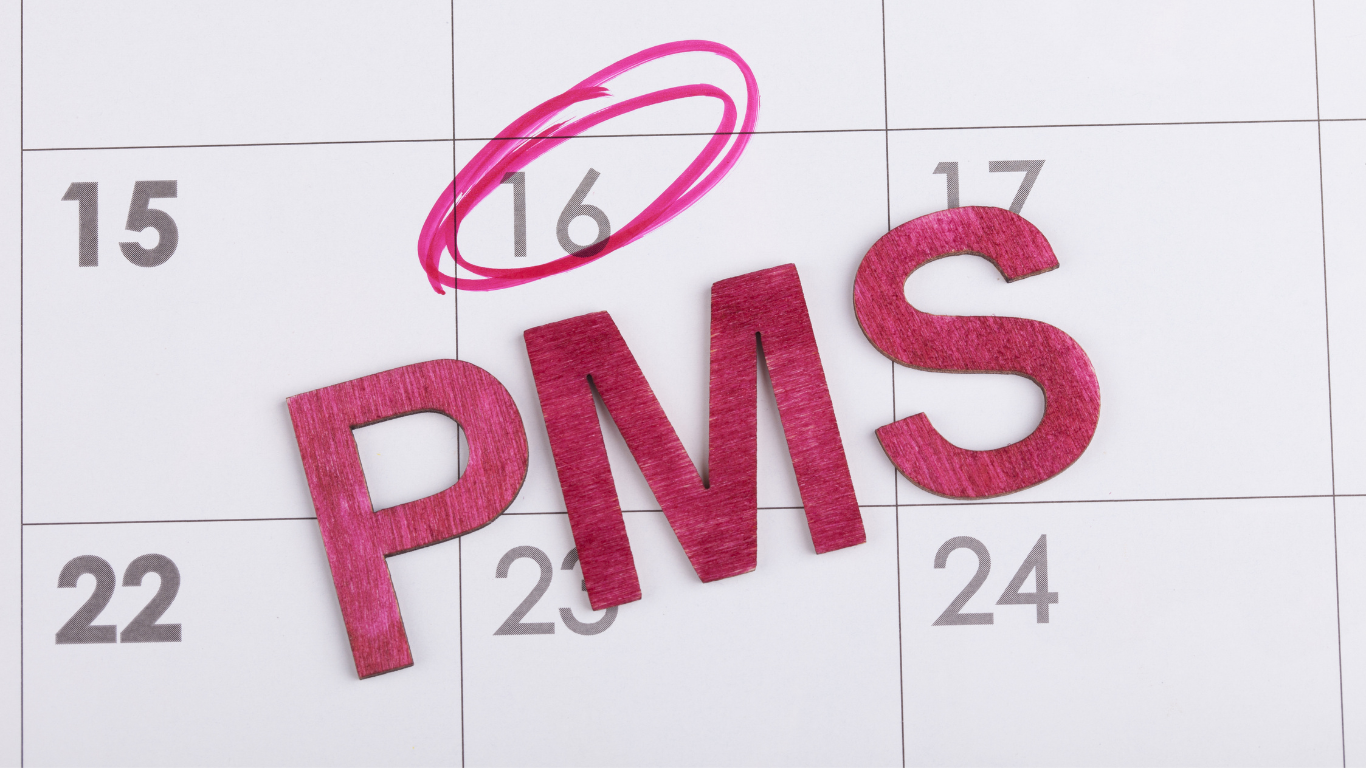
Egg freezing is an empowering choice for women seeking to preserve their fertility and take control of family planning. Whether your reasons are personal, professional, or medical, thoughtful preparation can make all the difference. This guide provides expert advice on nutrition, lifestyle changes, and the process itself, helping you approach this journey with confidence. By learning how to prepare for egg freezing, you can take proactive steps to optimise your chances of success.
Understand the egg-freezing process
Egg freezing, or oocyte cryopreservation, is a process that allows women to collect and store their eggs at a time when egg quality is higher. Later, when ready to use, you can thaw, fertilize, and implant these eggs through fertility treatments like IVF. The procedure involves:
- Hormone Stimulation: Hormone injections are administered for 10–14 days to stimulate the ovaries to produce multiple eggs.
- Egg Retrieval: Once the follicles have matured, the eggs are retrieved in a minor procedure under sedation.
- Freezing: The eggs are cooled and stored in liquid nitrogen, preserving them at optimal quality for future use.
Work out the best time to freeze your eggs
Egg quality and quantity naturally decrease with age, especially after 35. Freezing eggs before this age generally results in a higher chance of success, although women in their late thirties and early forties can still benefit, depending on individual factors like ovarian reserve. To determine the best timing for you, a fertility specialist will assess ovarian reserve markers, including hormone levels like AMH (anti-Müllerian hormone) and follicle counts.
Optimise your egg-freezing diet
Your diet can support egg health and overall reproductive wellness, enhancing the chances of successful egg freezing. Optimising your diet ahead of your egg-freezing is a key step in preparing for egg freezing. Here are the key dietary principles to keep in mind:
- Antioxidant-rich – By prioritising antioxidant intake we can effectively combat oxidative stress and promote both egg quality and ovarian reserve. Think of 5+ portions of fruit and vegetables per day and lots of different colours.
- Limit processed foods and foods high in fat and sugar as a higher intake of these can contribute to higher levels of oxidative stress which can negatively impact the quality of eggs.
- Omega 3 fatty acids have anti-inflammatory and antioxidant properties, they play a crucial role in egg development and may benefit ovarian reserve, particularly in individuals over the age of 35.
For some people supplements may be recommended to further support reproductive health, this can depend on your diet, age and other factors. It’s always best to discuss this with a specialist fertility dietitian or nutritionist. Check out our Best Fertility Supplements blog recommended by Ro Huntriss to get an idea.
Create a positive mindset
Egg freezing can be an emotional process, and research suggests a strong connection between our emotional state and fertility outcomes. Creating a positive mindset can be powerful for helping to support fertility outcomes and enhance emotional well-being when you prepare for egg freezing. Try out these tips to help cultivate a positive mindset
- Mindfulness Meditation: Can reduce anxiety and improve emotional well-being.
- Exercise: Gentle activities like yoga, walking, and swimming boost both mental and physical health.
- Fertility Counseling: Specialised counsellors can help you navigate the emotional aspects of egg freezing.
Other considerations when preparing for egg-freezing
- Financial Planning
Egg freezing is a significant financial commitment that includes both initial costs and storage fees. Many fertility clinics offer financing plans, and some employers now provide fertility preservation benefits. It’s worthwhile to discuss payment options and long-term plans with your clinic.
- Setting Realistic Expectations
It’s essential to remember that egg freezing is a proactive measure but doesn’t guarantee a future pregnancy. Success depends on factors such as age, egg quality, and the number of eggs frozen. Speaking with a fertility specialist about success rates and potential outcomes can help you set realistic goals and understand the process fully.
- Consult with Your Healthcare Provider
Before you embark on this journey, it’s critical to work with your doctor or a fertility specialist. They can assess any medical factors that may influence your egg-freezing process, such as PCOS, endometriosis, or autoimmune disorders. Managing these conditions may improve your egg-freezing results and overall reproductive health.
In Summary
Preparing for egg freezing involves a thoughtful blend of physical, mental, and financial preparation. By nourishing your body with a pro-fertility diet, managing stress, and understanding each step, you can maximize your chances of a successful outcome.
Every woman’s journey is unique, but with a proactive plan, you can confidently approach egg freezing and empower yourself to make the best choices for your future fertility. If you would like further tailored support our How to Prepare for Egg Freezing Guide & Meal Plan takes you through the process step by step, allowing you to optimise the quality of your eggs, improve ovarian reserve markers and enhance your chances of a successful egg freezing cycle.
Last reviewed: July 2025
This article was written by the Fertility Dietitian UK content team and reviewed by Ro Huntriss MSc RD, Consultant Dietitian and Founder of Fertility Dietitian UK.



